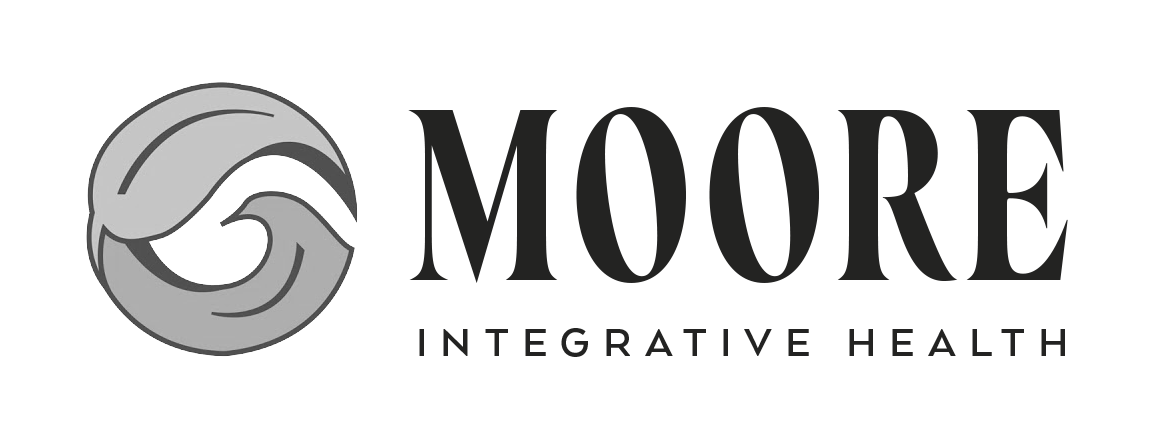Nurturing Life: The Dos and Don'ts of Nutrition During Pregnancy
Pregnancy is a transformative journey, both physically and emotionally. Ensuring proper nutrition during this time is not just essential for the mother's health but also for the optimal development of the baby. In this blog post, we'll explore the dos and don'ts of nutrition during pregnancy, offering guidance on making the best dietary choices for a healthy and vibrant pregnancy.
The Dos:
1. Eat a Balanced Diet:
Do: Start with a foundation of a well-balanced diet that includes a variety of fruits, vegetables, whole grains, lean proteins, and dairy or dairy alternatives. These foods provide essential vitamins and minerals needed for both you and your baby.
Don't: Rely on a single type of food or eliminate entire food groups. Variety is key to getting a wide range of nutrients.
2. Folate-Rich Foods:
Do: Consume foods rich in folate, such as leafy greens, legumes, and fortified cereals. Folate is crucial for preventing neural tube defects in the baby's development.
Don't: Neglect your folate intake. If needed, consult with your healthcare provider about folic acid supplements.
3. Adequate Protein:
Do: Ensure you're getting enough protein from sources like lean meats, poultry, fish, eggs, beans, and tofu. Protein is essential for the baby's growth and development.
Don't: Overdo it on high-mercury fish like shark, swordfish, and king mackerel. Opt for safer seafood choices like salmon, trout, and shrimp.
4. Calcium and Vitamin D:
Do: Incorporate dairy products, fortified plant-based milks, and leafy greens into your diet for calcium. Vitamin D helps with calcium absorption, so get some sunlight exposure too.
Don't: Consume unpasteurized dairy products or excessive amounts of vitamin D supplements without consulting your healthcare provider.
5. Iron-Rich Foods:
Do: Include iron-rich foods like lean red meat, poultry, beans, and fortified cereals. Iron is vital for preventing anemia during pregnancy.
Don't: Take iron supplements without a healthcare provider's recommendation. Too much iron can have adverse effects.
6. Hydration:
Do: Stay well-hydrated by drinking plenty of water throughout the day. Dehydration can lead to complications like urinary tract infections.
Don't: Overconsume caffeinated beverages or sugary drinks. Limit your caffeine intake to 200 milligrams per day.
7. Healthy Snacking:
Do: Opt for nutrient-dense snacks like yogurt, nuts, and fruit when you need a quick pick-me-up. These provide sustained energy without empty calories.
Don't: Rely on sugary or processed snacks that can cause blood sugar spikes and crashes.
8. Portion Control:
Do: Pay attention to portion sizes to avoid excessive weight gain. You don't need to "eat for two." Quality over quantity is key.
Don't: Try to lose weight during pregnancy. Focus on maintaining a healthy weight gain based on your healthcare provider's recommendations.
The Don'ts:
1. Alcohol and Smoking:
Don't: Consume alcohol or smoke during pregnancy. Both can harm the developing baby and lead to serious complications.
2. Raw and Undercooked Foods:
Don't: Eat raw or undercooked seafood, eggs, or meats, as they can carry harmful bacteria like salmonella or listeria.
3. Excessive Caffeine:
Don't: Overdo caffeine intake. High levels of caffeine can lead to miscarriage and low birth weight. Monitor your coffee, tea, and soda consumption.
4. Unpasteurized Dairy:
Don't: Consume unpasteurized dairy products like raw milk and certain soft cheeses (e.g., brie, camembert) as they may contain harmful bacteria.
5. High-Mercury Fish:
Don't: Eat fish with high levels of mercury, such as shark, swordfish, and king mackerel. Mercury can harm the baby's nervous system.
6. Excessive Supplements:
Don't: Take excessive vitamin or mineral supplements without consulting your healthcare provider. Some can be harmful in large amounts.
7. Empty Calories:
Don't: Fill up on empty-calorie foods like sugary snacks and sodas. These provide little nutritional value and can lead to excessive weight gain.
8. Stress and Anxiety:
Don't: Neglect your mental health. High levels of stress and anxiety can impact your pregnancy. Seek support and practice stress-reduction techniques like mindfulness and meditation.
Navigating pregnancy nutrition can be a rewarding journey with the right guidance. Remember that every pregnancy is unique, and it's essential to consult with your healthcare provider or a qualified nutritionist for personalized advice. By following the dos and avoiding the don'ts, you can nourish both yourself and your developing baby, setting the stage for a healthy and vibrant pregnancy. Embrace this transformative time with the knowledge that you're giving your baby the best possible start in life through the power of nutrition.

